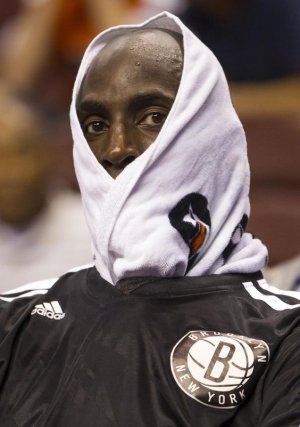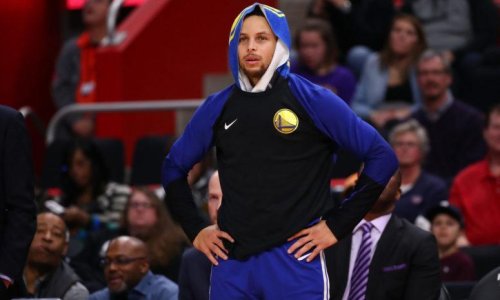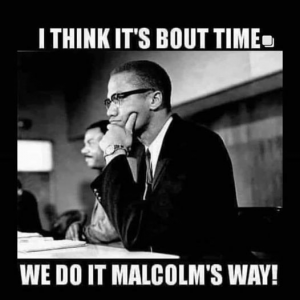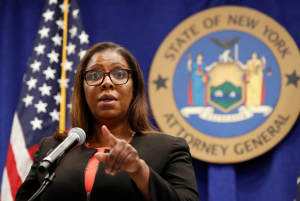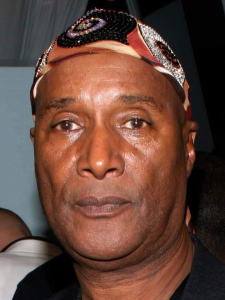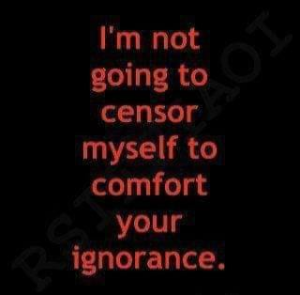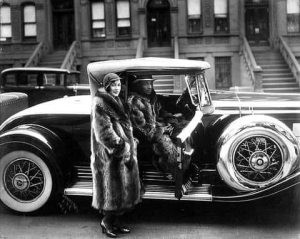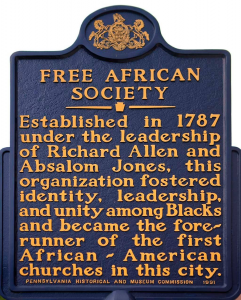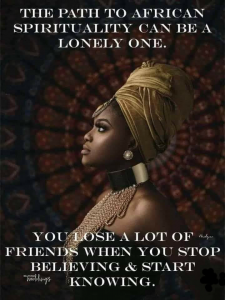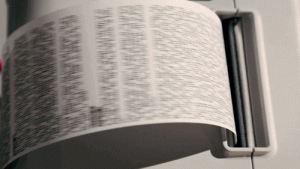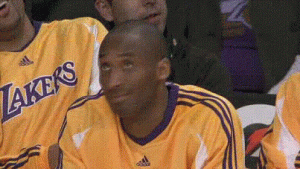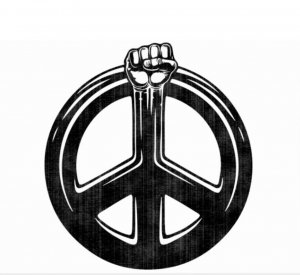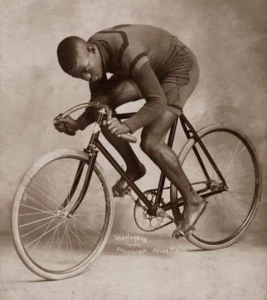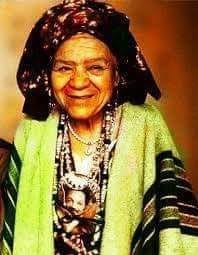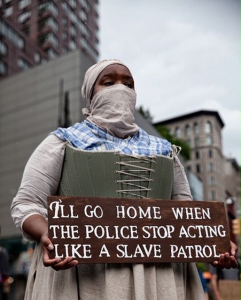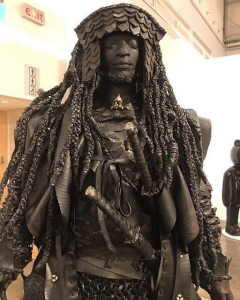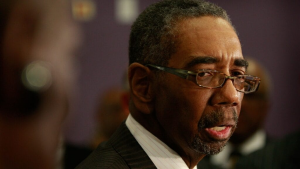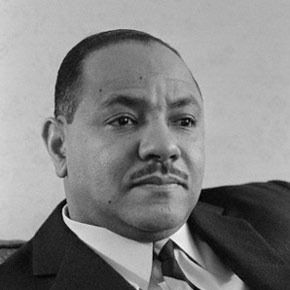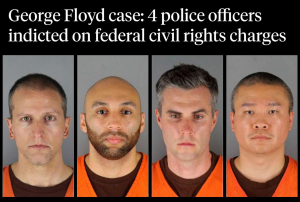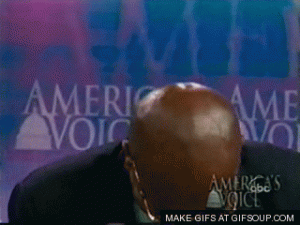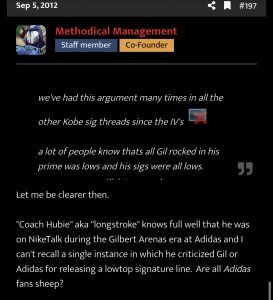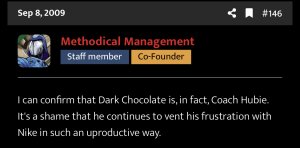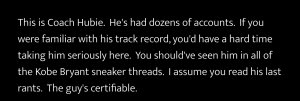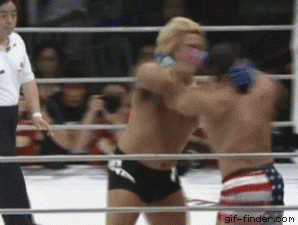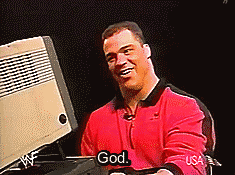- 7,321
- 28,697
- Joined
- Dec 8, 1999
You say you don't want protection, but it has appeared throughout the past few months that you badly want me to take you off the hook, either by telling everyone you've offended to leave you alone, under threat of sanction, or by kicking you out so you can continue to feel persecuted. The outcome you least want is one where YOU are left to deal with the consequences of your actions - and that's precisely the outcome I believe you deserve.Methodical Management Yes, here we are again. It appears that no matter what I will say you will have some issue with it. When did I ever deny racism in this country? I never said racism does not exist in this world. I did say with persistence that I am NOT one of them. But, due to comments I have made to a person on here, one person, it will constantly be put back in my face over and over again. I guess I am supposed to just constantly be reminded of those comments while disregarding all other comments made to me and other members as well. I have several times tried to explain myself to you in pms and for some reason YOU still want to believe I am a certain type of person. If my comments were so damn awful, why did you not just ban me then?
Instead you allow people to constantly bury me and others for their enjoyment and humor. I tried to move on regardless of what I was reading. But when your name is constantly being tagged with HATE behind it, human nature is to react and defend yourself. Have you ever made a mistake Meth? Ever said something out of anger without true thought of what it could mean to others? Apparently not. Instead you I guess have "gifted" me with your scoldings and belittlement. My "privilege" as you want to say repeatedly, gets thrown in my face as a discussion closer. I am white and have no business speaking for anyone else and their lives but that concept does not seem to be the same when its flipped. Their are more white bashing posts on this site it makes my head spin. But, that is OK is it not? That is not supposed to be offensive, right? So while you scold me for my "lack of knowledge and ignorance", look at some of these posts your valued members say to each other. I have made mistakes HERE. I have written posts without thought at times. But I have NEVER written a hate post at all. I have never bashed a race and never would. But THAT is what takes place on here ALL THE TIME. For you to say in anyway I have attacked anyone in here, you must not have been reading what has been sent my way. Because it at times has been disturbing. YOU know where this ALL originated from with myself and others. An MJ Doc thread. But you now want to make a mockery of it to help prove YOUR point to me. I am not looking for protection from you.
It has come to my realization that your not gonna be satisfied with what I say. But I will say again to the likes of DC, KHUFU, Malik, and so many more, I am sorry for some of the comments that I have said on this site. It has never been a goal to downgrade and or belittle anyone at all. My posts at times were sometimes with emotion and anger behind them. To the members in here that I have upset in anyway, I am very sorry. There are several members on NT I truly enjoy and respect. And I dont want to lose what respect from them I may have left on here. I may be a lot of things. But a racist I am not. Do what you got to do Meth.
The reputation you're developing has not been forced on you by people with an axe to grind, as you so claim. If you want that to change, and you do, may I suggest that you actually make an effort.
You've acknowledged that you've "made mistakes," but refuse to specify precisely what you believe you did wrong or demonstrate an understanding of why it caused harm. Worse, you keep making those mistakes over and over again.
Through your passive-aggressive "apologies" that seem to read like "I'm sorry if you overreacted to my innocent comments because you unfairly blame me for things other White people did hundreds of years ago", it is patently clear that you've learned absolutely nothing in all of this, and that you've no intention of actually listening to those who, with varying degrees of patience, have attempted to explain to you why what you've said is indeed offensive.
You're disappointed that people appear to have lost respect for you, but I've yet to see any indication that you understand why, exactly, that would be the case. You say you wrote "without thought", but what statements were made incorrectly? Do you understand why they were hurtful? What will you do differently moving forward?
Absent any such reflection, it appears to me as if you don't sincerely want to learn, you just want everyone else to forget and "move on." What does an apology mean to you? That you just spend a period of time in the penalty box, after which everything goes back to normal?
How, exactly, is it fair to ask everyone you've offended to swallow their dignity for the sake of your comfort? Are these "I did nothing wrong, you're all the real racists because you hate me just for being White" rants really the best you can do?
You're trying to cast yourself as the victim here, as if everyone who's criticized you has some underhanded agenda. Tell me, then, since I'm in that group, what do you believe to be my "agenda" here?
You act as if I'm some bully who's done nothing but berate and belittle you publicly, while you've patiently explained yourself in private - ignoring the hours I've spent providing you with resources and patiently attempting to explain to you concepts that you could have researched on your own.
There's a wealth of resources out there for those who wish to learn about White privilege and racism, including recently-written books designed for curious general audiences like So You Want to Talk About Race by Ijeoma Oluwo, Caste: The Origins of Our Discontents by Isabelle Wilkerson, and How to Be An Anti-Racist by Ibram X. Kendi. Some, like White Fragility: Why it's so Hard for White People to Talk About Race by Robin Di Angelo, are even written by White people - if that's less threatening to you.
Ask yourself: what effort have you made to understand any of this?
All I've seen has been an effort to hand wave away anything and everything you don't like. Teaching you about inequality and privilege is like feeding broccoli to a fussy toddler.
Case in point:
That says a lot.Im not watching some stupid *** video.
You asked me "When did I ever deny racism in this country?" The quote was right there in my earlier post:
I know the history. You cannot seem to learn from it. You can keep throwing your sexy phrase at me all you want. But it still dont change the FACT that YOU are the one bitter about a period of time that YOU were not involved in. NOT me.
You also consistently deny the very existence of White privilege, throwing it in quotes to delegitimize the concept itself.
That you may not feel privileged is not the litmus test for privilege. Your ability not to deal with race if you so choose, that feeling of entitlement you had to participate in the Last Dance thread, or NikeTalk generally, without being inconvenienced by the oppression of others is a blatant example of White privilege.
Your perspective is limited, not objective, and it does not trump or supersede the direct lived experiences of others. Imagine a large building that, from a bird's eye view, is shaped like the letter "T", like this:
From where you're standing, it may just look like an ordinary rectangular building. To someone standing on the opposite side, it would look very different. Your attitude, to this point, is akin to telling someone with a different view, "you're lying. I'm standing right outside and the building is clearly rectangular."
You don't think White privilege exists because you don't see it, and that, to you, is all there is to it. You haven't considered the implications of that belief at scale: like, if White privilege doesn't exist, then why are employment, incarceration, and college enrollment rates different?
Believing things to be "neutral" is not a neutral belief.
It's great that you view NikeTalk a place of refuge, but consider whose comfort you're privileging when you demand that other community members keep their oppression out of your sneaker forum. If you came home one night injured from an assault, would you feel if, instead of expressing concern, your family members/roommates expected you to silently bind your wounds, stifle your anguish, and shut up so they can watch the game? Would that still feel like a place of safety and "refuge" for you?
You go out of your way to say "I'm not the enemy," but ask yourself: are you an ally?







